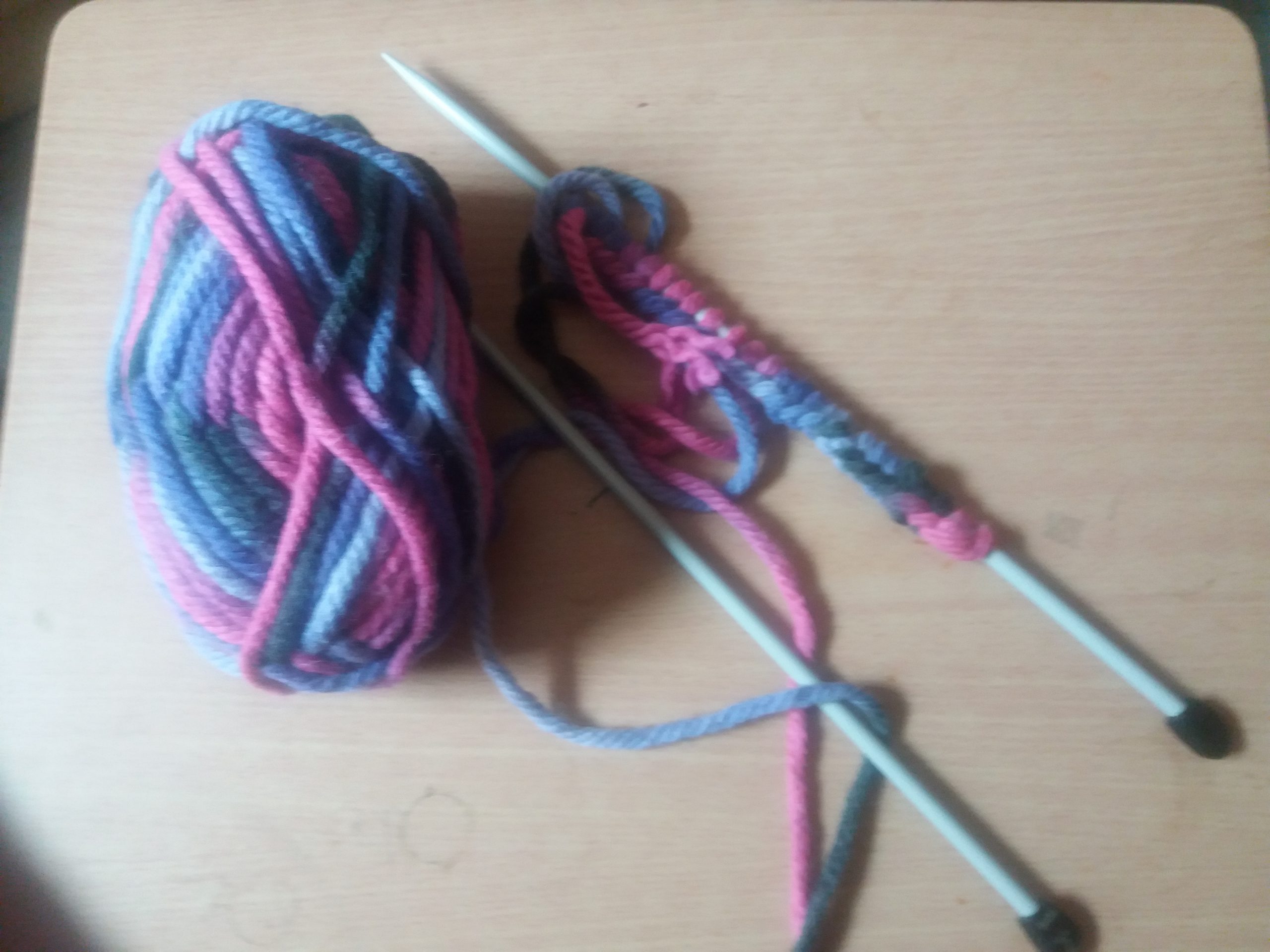A friend long since deceased used to say that the main point of a garden was to sit in it. In our culture where being busy is seen as a virtue we tend to feel we have to apologise if we are not doing anything; we don’t see just sitting, even in a garden, as an important part of life.
But St Ignatius Loyola said that we were created ” to praise, reverence and serve God and thereby to save our souls“. The order in this is important; doing things – serving God – comes last. The British, so prone to the heresy of our compatriot Pelagius, are particularly likely to reverse that order, and to feel we are justified by being busy. St Ignatius being from the more indolent Mediterranean recognised the importance of music and laughter and good red wine to holiness.
A garden is the ideal place to praise and reverence God. Although Dorothy Frances Gurney’s view that “One is nearer God’s heart in a garden than anywhere else on earth” is theologically unsound and steeped in Victorian sentimentality, it is true that a garden is a place where many of us find it particularly easy to be aware of God.
Firstly there is the silence of the garden. This is not necessarily – indeed not usually – the absence of sound, because even if your garden is remote from human traffic noise and voices there will be birds tweeting, bees buzzing and the wind rustling the leaves. Rather in a garden there is space to hear the silent music of the universe which underlies those sounds. As we sit quietly just being in a garden that silence seeps into us, giving us that peace which passes all understanding. And strangely you can experience that silence even when you can hear the traffic outside the garden.
Then there is really looking at the plants in the garden. We often refer to an ornamental garden as a flower garden, and the variety of colours shapes and textures of flowers is extraordinary, but it takes time to notice this.
Many flowers change subtly as they come out, or even during the day. We have Californian poppies which are a completely different shade of yellow in the evening from early in the day. When we lived in London we had Evening Primroses (not planted but arrived courtesy of the wind or the birds). They made an audible pop when they came out. Also in London I had a young friend who was exceedingly hedonistic, but who showed great spirituality one day when he challenged me for removing the dead heads of flowers. “Why are you doing that? Things are beautiful when they are dying too”. Whilst dead heading some plants can encourage them to flower more, removing flowers or seed pods because they are untidy is to miss out on an important part of the garden experience.
But an ornamental garden isn’t just flowers. Leaves may be just basically food factories, but their variety of shapes, shades of green (and sometimes yellow, white or red) , and their vein patterns is an endless source of wonder. Indeed ferns (with which our garden is replete, my husband having a mania for them) do not flower at all, but the colour and structure of their leaves is magical. A lot of them have fractal patterns (as do many other leaves if you look carefully) One of my favourite plants is the sempervivum, which shows the mathematical basis of the universe in another way – their leaf whorls are arranged in a Fibonacci sequence.
We think of gardens as ours, but of course we share them – with birds, with our neighbour’s cats (not always a successful combination) and most of all with insects and spiders. Butterflies are of course the prima donnas of the garden with their glorious summer costumes, but bees enliven the garden too – the bumble bee is often one of the first signs of spring, and when more flowers come into bloom the honey bees buzz in and out of flowers, like Dante’s angels around the rose of the heavenly host.
When evenings become warm enough to sit out the swifts circle overhead, hoverflies maintain their dynamic equilibrium, and lots of tiny insects which I call gnats, though I have no idea of their actual species, fill the air and reflect the light of the setting sun. After dusk the bats come out and flap past in search of their evening meal whilst we digest ours.
Sitting is a good way to enjoy a garden, but so is moving about. Quiet early morning walks round the garden with a cup of coffee, or an evening wander with an aperitif are good ways to soak up the silence and see the beauty. Often on such ambles I notice something new – a plant I had forgotten about has come into bud or flower, or something has grown new leaves or branches.
Watching a garden change and grow over time is an important aspect of the pleasure of gardens, particularly in the Spring. An English translation of the Easter hymn “salve festa dies” by Venantius Fortunatus says:
Daily the loveliness grows, adorned with the glory of blossom,
Green is the woodland with leaves, bright are the meadows with flowers
You can if you wish A. E Housman go about to see this beauty, but your own garden (or a public one nearby) provides ample space to experience this annual miracle of resurrection.
The garden changes again the Autumn – colchicums appears from a bare patch of earth, then the Virginia creeper does its blazing colour change, the asparagus goes a brilliant yellow they leaves of the dogwood go bronze, falling at the next gale to reveal the blood red stems which will brighten the winter days to come.
Sunny days are the obvious time to enjoy the garden, but the smell and freshness after a day of rain when the drops of rain sparkle on the leaves is not to be missed either. Winter is not an ideal time for the garden, and there is much to be said for emulating the swallow and flying south for the winter, but even in the depths of winter the yellow jasmine cheers us up, and some brave souls – hardy fuchsias, the arbutalon, even the odd rose – defy the winter gloom with the odd flower. Whilst around them green spikes of daffodil, crocus and snowdrop appear out of the brown earth, heralding that radiant dawn of Spring.




